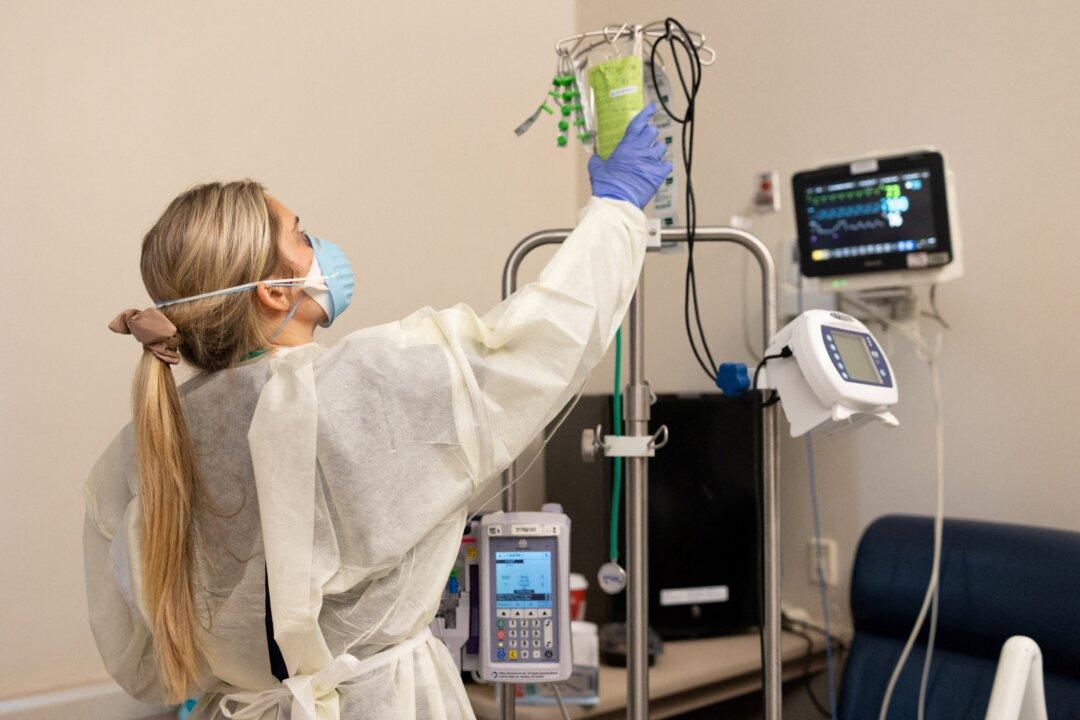The Food and Drug Administration’s decision to effectively revoke emergency use authorization for two monoclonal antibody treatments has left experts divided, with some calling it the right move and others asserting it shouldn’t have been done.
The agency, of the FDA, on Jan. 24 announced it was barring use of treatments from Eli Lilly and Regeneron anywhere in the country because of federal data that indicate the Omicron virus variant is behind the vast majority of COVID-19 cases.





